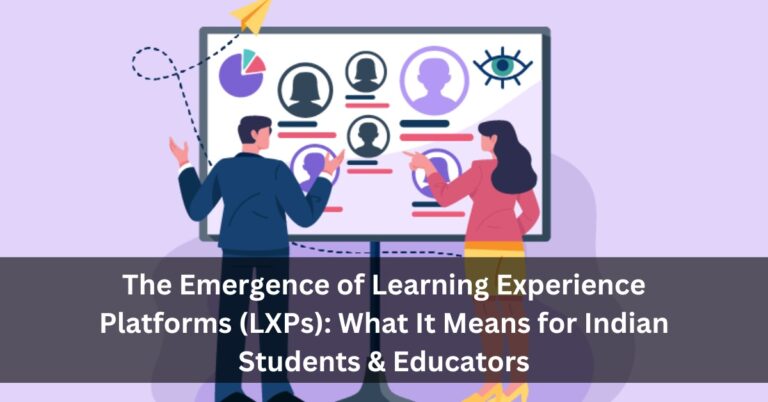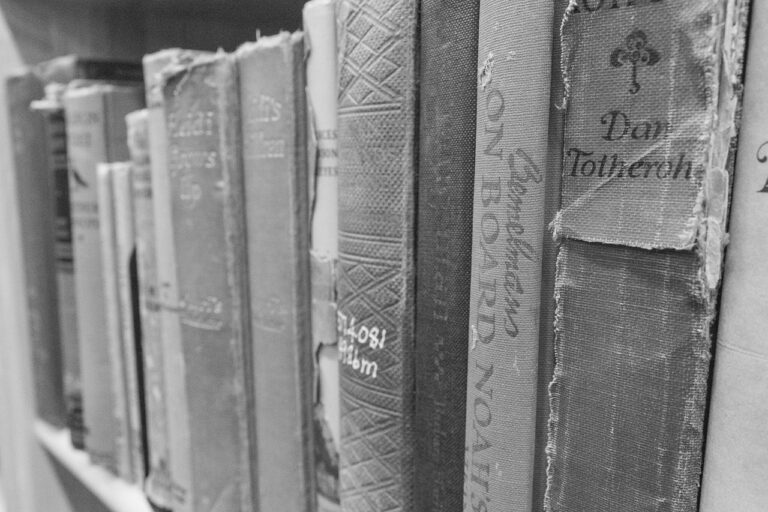Promoting Media Literacy Skills to Combat Fake News
Media literacy skills are essential in today’s digital age. With the abundance of information available online, it is crucial for individuals to be able to critically analyze and evaluate the content they consume. By honing their media literacy skills, individuals can better navigate through the wealth of information and discern what is credible and what may be misleading.
In a world where fake news and misinformation spread rapidly, being media literate can help individuals protect themselves from believing and sharing false information. Media literacy skills empower individuals to question the sources of information, fact-check claims, and understand how different biases and perspectives can influence the content they encounter. By cultivating media literacy skills, individuals can actively participate in shaping a more informed and responsible society.
Media literacy skills are crucial in today’s digital age
Individuals need to critically analyze and evaluate the content they consume
Hone media literacy skills to navigate through abundant information
Discern what is credible and what may be misleading
In a world where fake news and misinformation spread rapidly, being media literate can help individuals protect themselves from believing and sharing false information. Media literacy skills empower individuals to question the sources of information, fact-check claims, and understand how different biases and perspectives can influence the content they encounter. By cultivating media literacy skills, individuals can actively participate in shaping a more informed and responsible society.
Understanding the Impact of Fake News
Fake news has become a prevalent issue in today’s digital age, with misinformation spreading rapidly across various platforms. The impact of fake news can be far-reaching, leading to the distortion of facts, misleading the public, and even influencing crucial decision-making processes. Individuals may unknowingly spread false information, contributing to the erosion of trust in media sources.
Moreover, the proliferation of fake news can have detrimental effects on society, polarizing communities, and fueling distrust among different societal groups. It can also have serious consequences on political discourse, as misinformation can sway public opinion and undermine the democratic process. Therefore, it is essential for individuals to develop critical thinking skills and verify the authenticity of information before sharing it, in order to combat the negative impact of fake news.
Identifying Reliable Sources of Information
In today’s digital age, it is crucial to be able to discern reliable sources of information from misleading or inaccurate ones. With the proliferation of online content, it can be challenging to determine the credibility of sources. One way to identify reliable sources is by checking the credentials of the author or organization. A well-established and reputable source is more likely to provide accurate and trustworthy information.
Another important method in determining the reliability of a source is to cross-reference the information with multiple sources. By consulting different perspectives and sources, you can ensure that the information is consistent and backed up by evidence. Additionally, fact-checking websites can be valuable tools in verifying the accuracy of claims made by sources. Developing a habit of critically evaluating information will empower individuals to make informed decisions and navigate the vast landscape of information available to them.
Why is it important to have media literacy skills?
Media literacy skills are important because they enable individuals to critically evaluate the information they consume, identify biases, and discern between reliable sources and misinformation.
How can fake news impact society?
Fake news can lead to the spread of misinformation, confusion, and division within society. It can also have serious consequences, such as influencing public opinion, elections, and even inciting violence.
How can I identify reliable sources of information?
To identify reliable sources of information, look for sources that are reputable, provide evidence to support their claims, and have a history of accurate reporting. It’s also important to cross-reference information and be wary of sources that have a clear bias or agenda.







